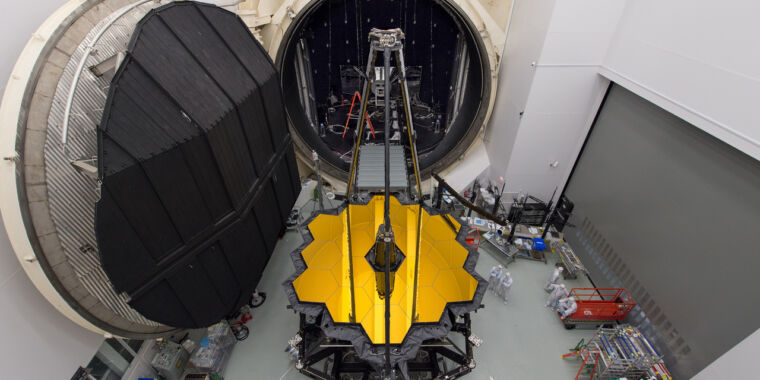Around 83 percent of NASA’s facilities are beyond their design lifetimes, and the agency has a $3.3 billion backlog in maintenance.
Having just submitted an article about a commercial spacewalk, I’m depressed that space is destined to be owned by corporations. This won’t get funded. Politicians will point to how much more efficient private companies do this. Eff.



This was by design to kickstart the private industry for space development.
NASA could have just kept building and flying space shuttles, but since the retirement of the space shuttle program in 2011, they were renting payload space on Russian rockets to get stuff into orbit.
Getting off of dependence on Russian rockets turned out to be tremendous foresight.
Just to add some context: the entire space shuttle program, over its entire life from 1972 to 2010, was reportedly 200 Billion.
In 2010, the yearly U.S. military budget was ~650 billion. And they killed the shuttle for being too expensive because that wasn’t spread over enough lunches. (meaning it cost 1.6Billion per launch).
In 2024, even adjusted for inflation, Starliner has already blown past 1.6 Billion per launch (total cost is about 5.8 Billion)
Only Crew Dragon, at 2.4 Billion, has reached parity with what the shuttle cost per launch (inflation adjusted). (Dragon 1, which flew 23 cargo missions, was drastically cheaper).
And both of these are dramatically simpler designs than the space shuttle was.
So it appears that the trajectory is correct, space travel is getting cheaper, but it took a shitload of work to get there, and that’s building on top of what the Shuttle program taught us.